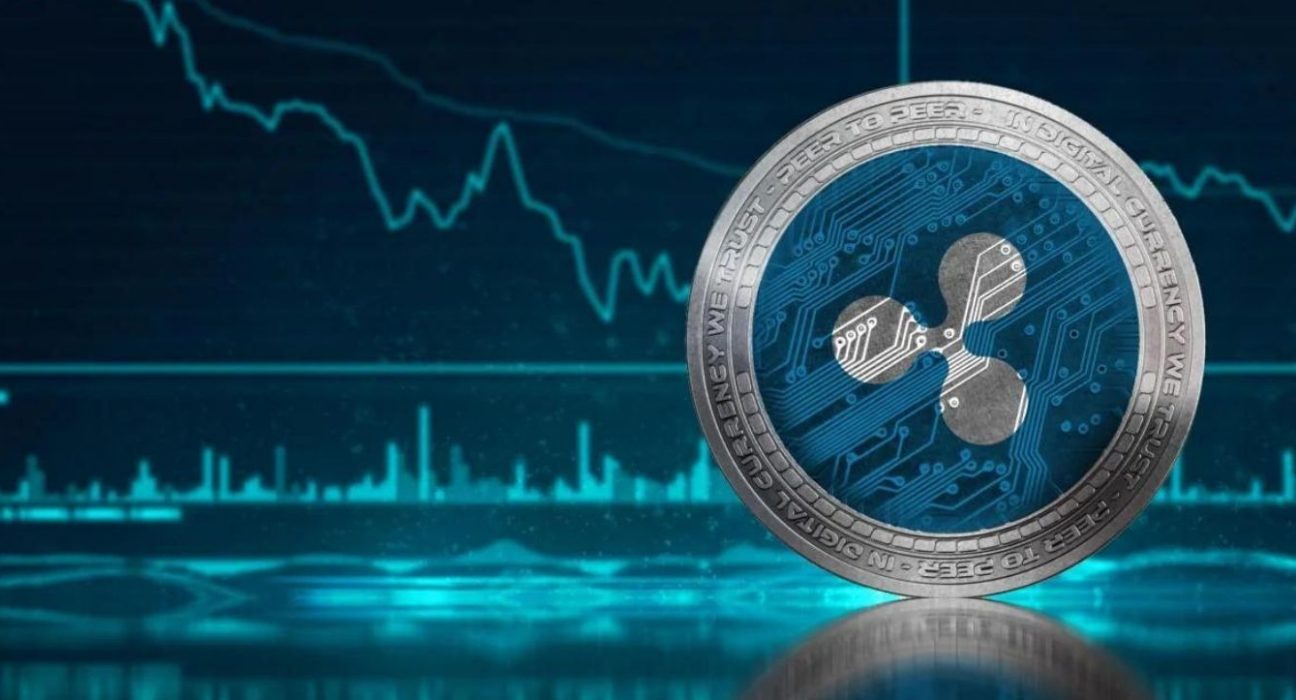Introduction
The cryptocurrency industry has witnessed significant growth and innovation in recent years, attracting both investors and regulatory scrutiny. One of the central debates revolves around whether certain crypto tokens can be classified as securities, particularly within the United States. Ripple, a prominent payment platform, found itself embroiled in a legal battle with the US Securities and Exchange Commission (SEC) in 2020, as it faced allegations of selling XRP tokens as unregistered securities. This article explores the ongoing case and the implications it holds for the broader crypto industry.
Ripple’s Defense Costs Surpass $200 Million
Ripple’s clash with the SEC has proven to be a costly endeavor, as the company’s defense costs have exceeded $200 million. The SEC accuses Ripple of violating securities laws by selling XRP tokens without proper registration, a claim that has been leveled against several other crypto companies in recent times. While the case has not yet been resolved, the staggering amount spent on legal defense underscores the high stakes involved and highlights the industry’s need for clarity on the securities classification of crypto tokens.
The SEC’s Argument
The SEC contends that Ripple conducted an unregistered securities offering when it sold XRP tokens to investors. According to the SEC, XRP should be treated as a security because it meets the criteria outlined in the Howey Test—a legal framework used to determine whether an asset qualifies as a security. The SEC argues that Ripple exerted significant control over the token’s supply and distribution, and investors bought XRP with the expectation of making a profit from Ripple’s efforts. These factors, the SEC maintains, make XRP a security subject to registration requirements.
Ripple’s Defense
Ripple vehemently denies the SEC’s allegations and has mounted a robust defense. The company argues that XRP should not be considered a security but rather a digital asset with utility. Ripple maintains that XRP has real-world use cases, serving as a bridge currency for cross-border transactions and facilitating liquidity for financial institutions. Ripple contends that XRP’s value is not dependent on Ripple’s efforts but rather market forces and global adoption. Additionally, Ripple points out that XRP has been recognized as a virtual currency by various regulatory bodies worldwide, further challenging the SEC’s position.
The Broader Implications
The outcome of Ripple’s legal battle has significant implications for the entire crypto industry. A determination that XRP is a security could set a precedent for how other tokens are classified, potentially subjecting numerous crypto companies to regulatory oversight and registration requirements. Such a classification might impact the liquidity and trading of these tokens and introduce additional compliance burdens for market participants. Conversely, if Ripple successfully defends its case, it could bolster the argument that certain tokens serve primarily as utility assets rather than securities, providing more clarity and regulatory certainty for the industry.
The Need for Regulatory Clarity
The ongoing legal proceedings between Ripple and the SEC underscore the pressing need for regulatory clarity surrounding crypto tokens. The rapid growth of the industry has outpaced regulatory frameworks, leaving many companies unsure about how to navigate compliance requirements. Ambiguities in securities laws and inconsistent regulatory approaches have created a challenging environment for innovation and investment. Establishing a clear and comprehensive regulatory framework will help foster responsible growth within the crypto industry while protecting investors from potential risks.
Conclusion
As Ripple continues to defend itself against the SEC’s allegations, the question of whether tokens can be considered securities remains a significant point of contention within the crypto industry. Ripple’s defense costs surpassing $200 million highlight the financial stakes involved in determining the securities classification of crypto tokens. The outcome of this case will have far-reaching implications, shaping the regulatory landscape for the entire industry. Clarity and regulatory certainty are essential for fostering innovation and ensuring investor protection. As the crypto industry continues to evolve, it is crucial for regulators and industry participants to work together in developing a balanced framework that promotes responsible growth while addressing potential risks. Only through comprehensive regulations can the crypto industry reach its full potential as a transformative force in the global economy.










